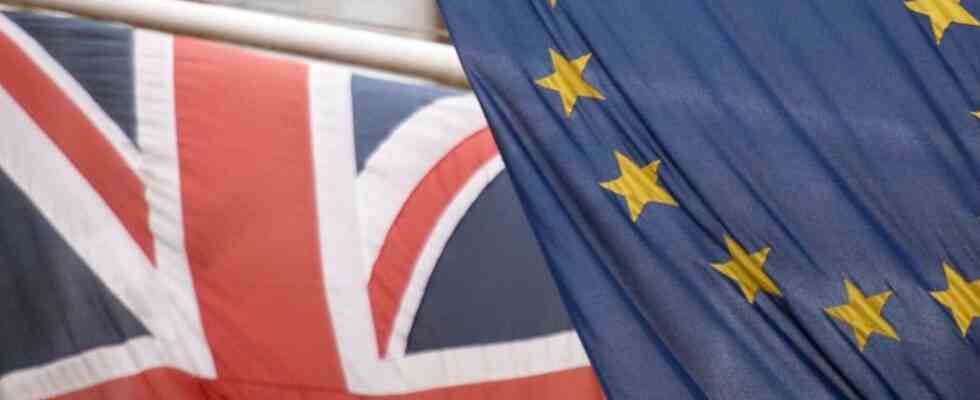Great Britain
Many British organizations will have to close after Brexit
Before Brexit, many institutions in the UK were supported by the EU’s European Social Fund. photo
© Stefan Rousseau/PA/dpa
Brexit is also leaving its mark on non-governmental organizations in Great Britain. According to a report, many facilities have had to close or lay off employees because of a lack of money.
According to a newspaper report, many British non-governmental organizations (NGOs) got into financial difficulties after Brexit.
Numerous facilities supported by the EU’s European Social Fund have had to close or lay off staff because they did not receive timely or sufficient money from the British government, the Guardian wrote.
The newspaper referred to an analysis of state funding, with which London wants to replace EU aid. The British government had set up its own fund called the UK Shared Prosperity Fund (SPF). But the SPF was far too late for “hundreds of organizations,” Matthew Brown of the Welsh umbrella organization Wales Council of Voluntary Action told the newspaper.
875 million euros less available
According to the Welsh Minister for Economic Affairs, Vaughan Gething, a total of 772 million pounds (875 million euros) less is available in that part of the country than would have flowed from the social fund and the European Regional Development Fund. The UK’s approach to SPF is “messy,” Gething said. According to the regional government, Scotland also has significantly less money available. Scottish Labor Secretary Richard Lochhead put the loss at £337million between 2022 and 2025.
The British government rejected the figures. The four parts of the country would receive at least as much money as before. In addition, the regional governments are now “free from the bureaucratic EU processes” and have more say in the distribution, the government emphasized.
Since Brexit, numerous sectors of the economy have complained about higher hurdles and costs when trading with the EU and when hiring foreign specialists.

